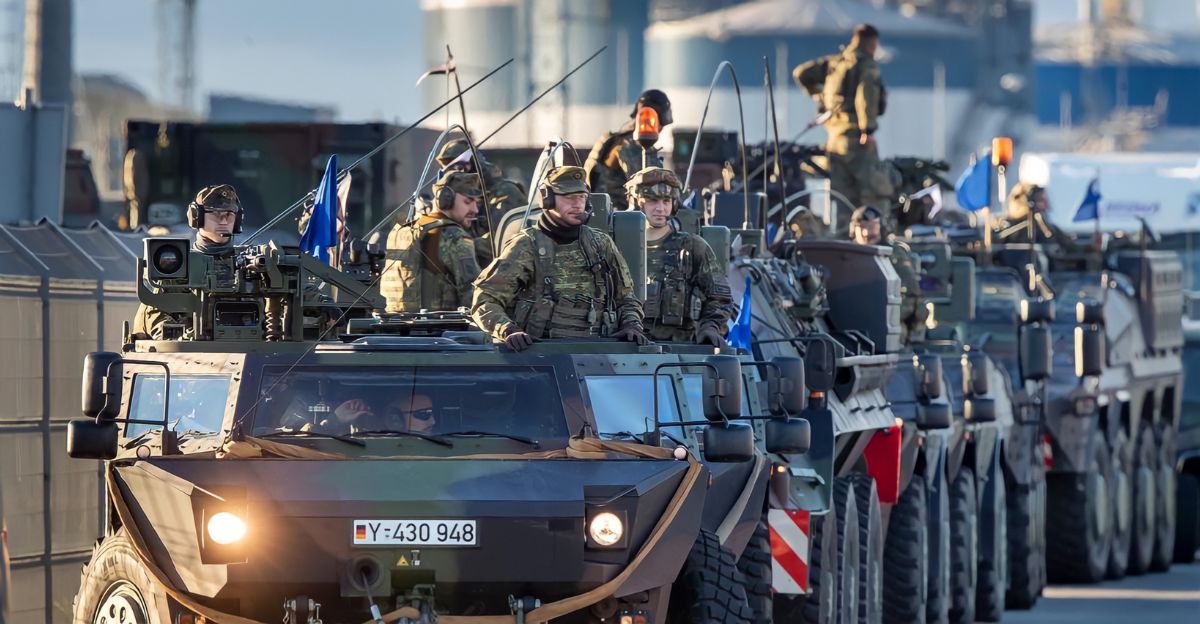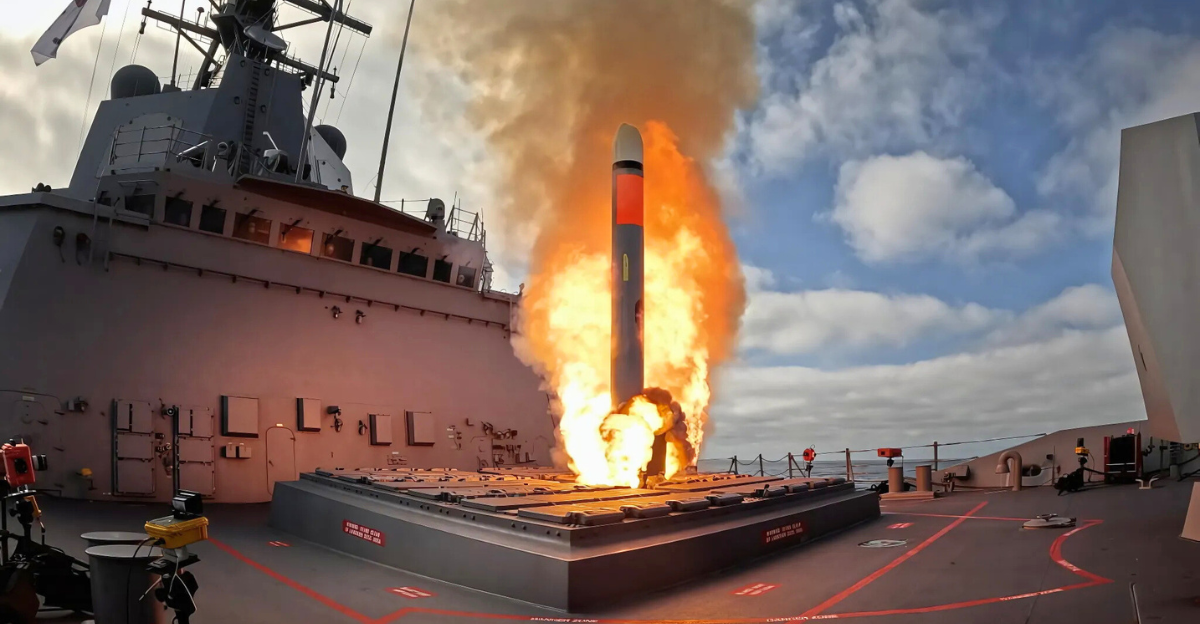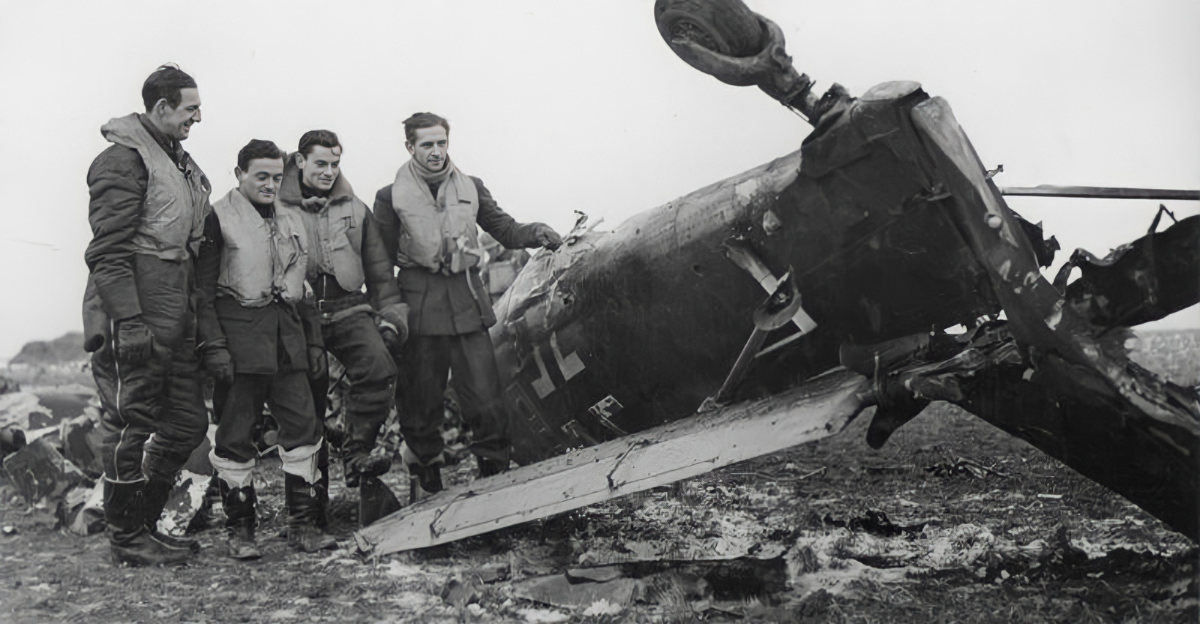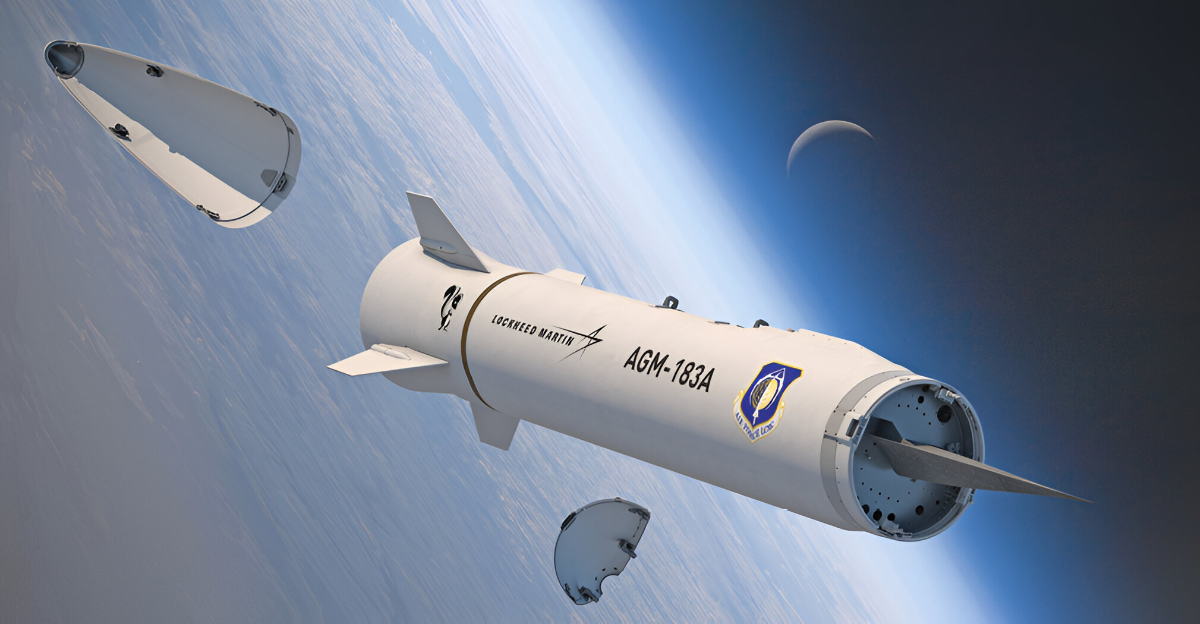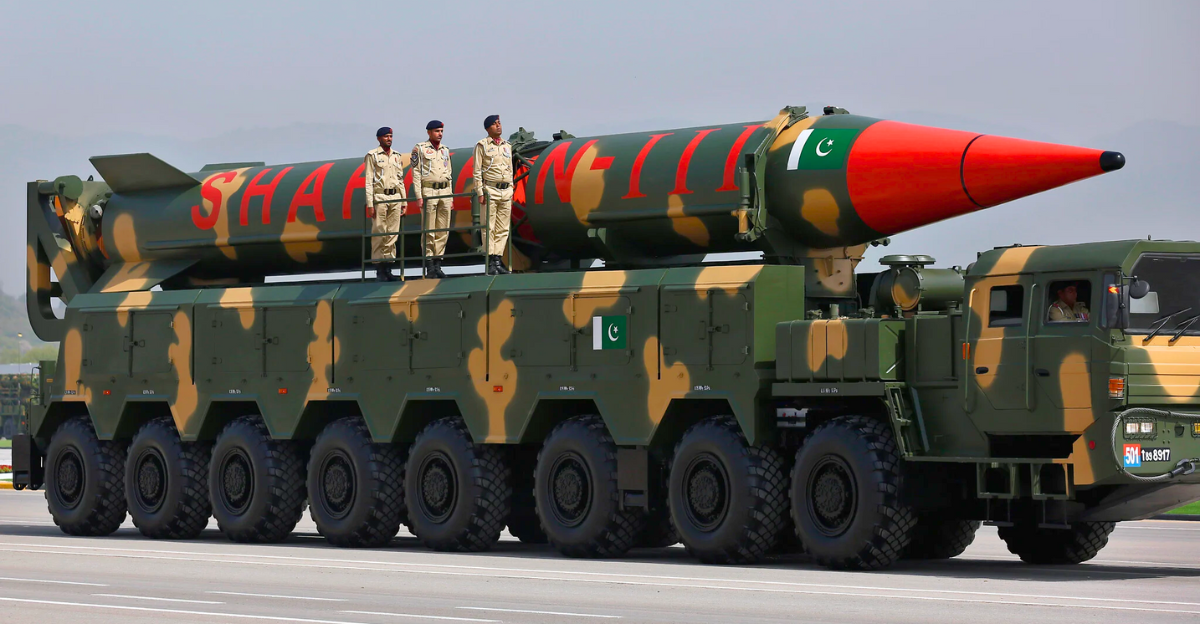
In June 2025, the Israel-Iran conflict escalated dramatically, with Israel launching Operation Rising Lion, a series of pre-emptive airstrikes targeting Iran’s nuclear and military infrastructure. In response, Iran retaliated with missile and drone attacks under Operation True Promise III. This conflict marks one of the most intense escalations in the region in recent years. Amid this turmoil, Pakistan took a decisive strategic stance by closing its 562-mile border with Iran through Balochistan province, citing security concerns of conflict spillover.
Moreover, Pakistan issued stern warnings of nuclear retaliation should Israel employ atomic weapons against Iran. Pakistan’s moves underscore its critical role in regional geopolitics, balancing its diplomatic relations while safeguarding its security interests. The situation highlights the complex security dynamics in South Asia and the Middle East, where Pakistan’s actions could influence the broader regional stability.
Background of the Israel-Iran Conflict
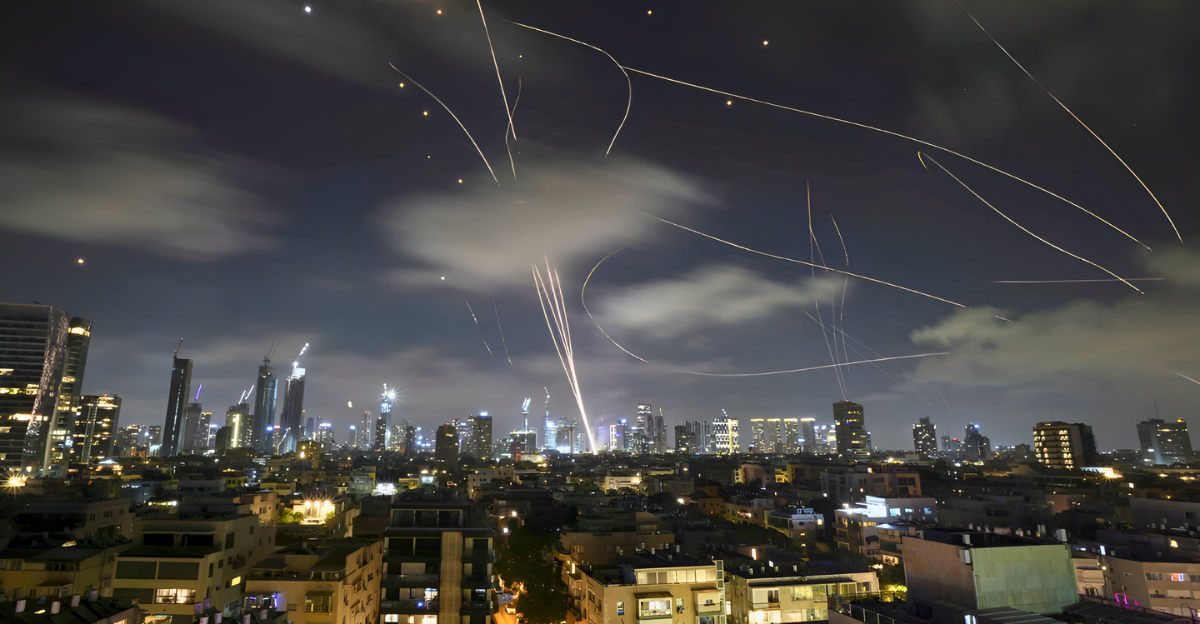
The current conflict ignited on June 13, 2025, when Israel launched Operation Rising Lion, striking dozens of Iranian nuclear and military sites, including the Natanz nuclear facility and missile complexes near Tabriz and Tehran. The operation aimed to halt Iran’s nuclear weapons development, which Israel perceives as an existential threat.
Iran responded with Operation True Promise III, launching ballistic missiles and drones targeting Israeli military and civilian sites. This confrontation escalates ongoing hostilities following previous exchanges in April and October 2024. The conflict is set against a backdrop of broader regional crises, including the Gaza war and tensions involving Hezbollah, reflecting deep-rooted animosities and strategic rivalries in the Middle East.
Pakistan-Iran Border Closure
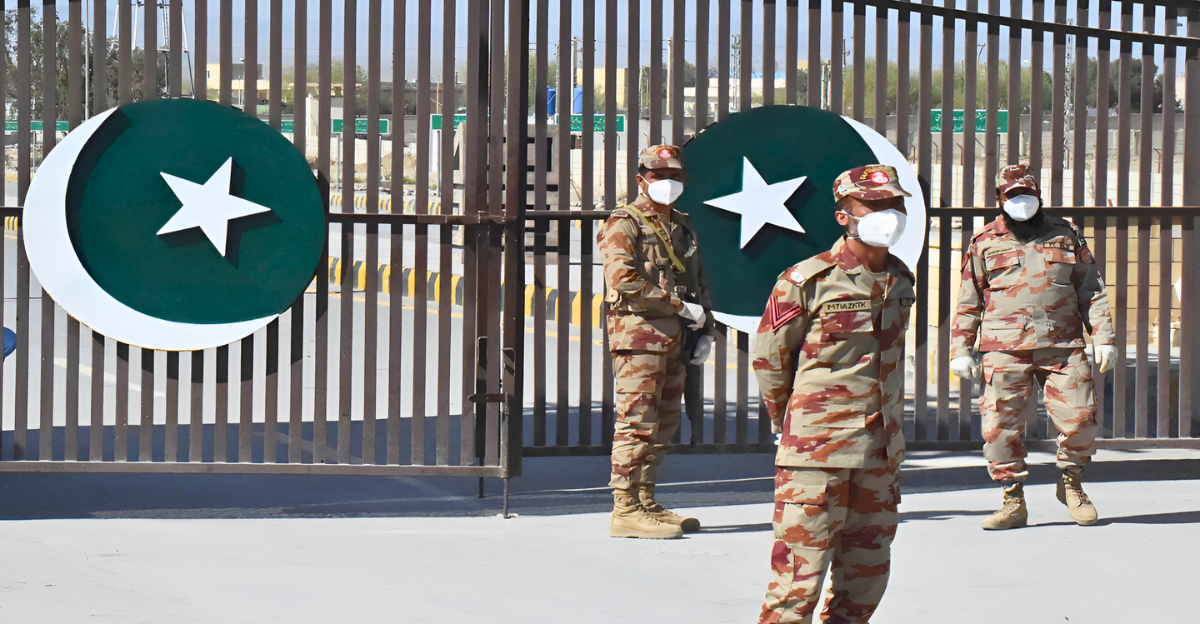
In reaction to the intensifying conflict, Pakistan closed its 562-mile border with Iran through the Balochistan province. This closure halted cross-border movement, leading to the return of over 700 Pakistani students and pilgrims from Iran.
Security concerns drove the decision amid fears that the Israel-Iran conflict could spill over into Pakistan, potentially destabilizing the already volatile Balochistan region. The border closure also reflects Pakistan’s intent to control its frontier and prevent any infiltration or escalation linked to the ongoing Middle East hostilities.
Pakistan’s Political and Diplomatic Position
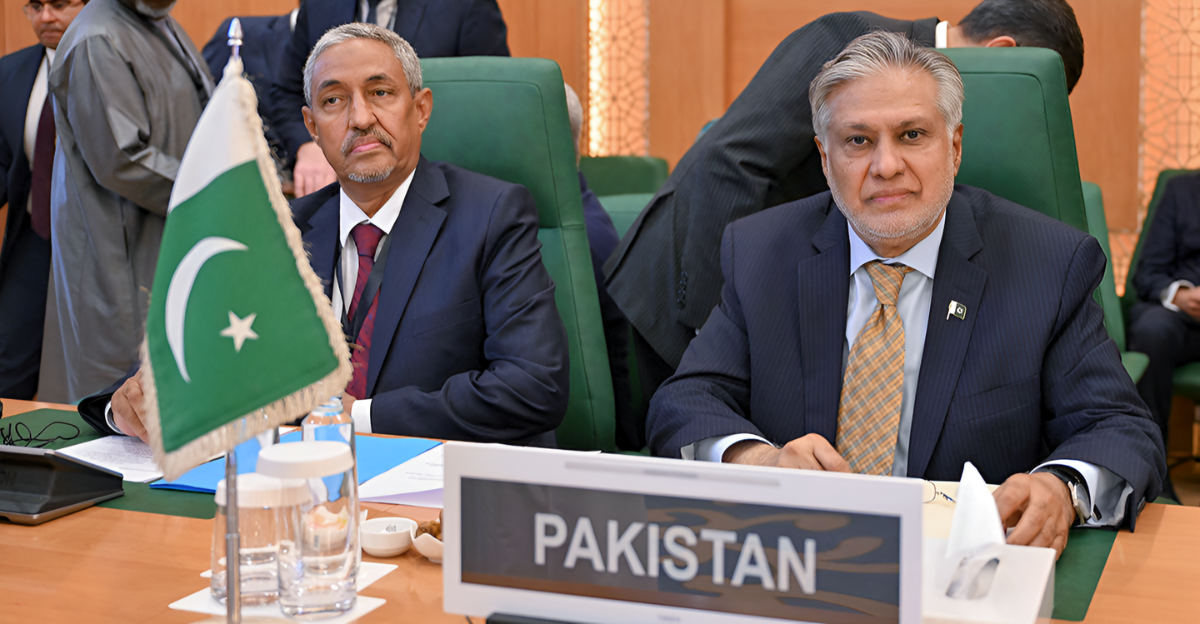
Pakistan condemned Israel’s strikes on Iran as violations of Iranian sovereignty and called for enforcement of international law. Pakistani officials urged the United Nations to intervene and hold Israel accountable for its “aggression.” Pakistan’s diplomatic position reflects a balancing act: while it supports Iran politically, it also seeks to avoid confrontation.
The stance highlights Pakistan’s role as a Muslim-majority country with close ties to Iran, navigating the complex geopolitics of the Middle East while maintaining regional stability and its security interests.
Pakistan’s Nuclear Retaliation Threat
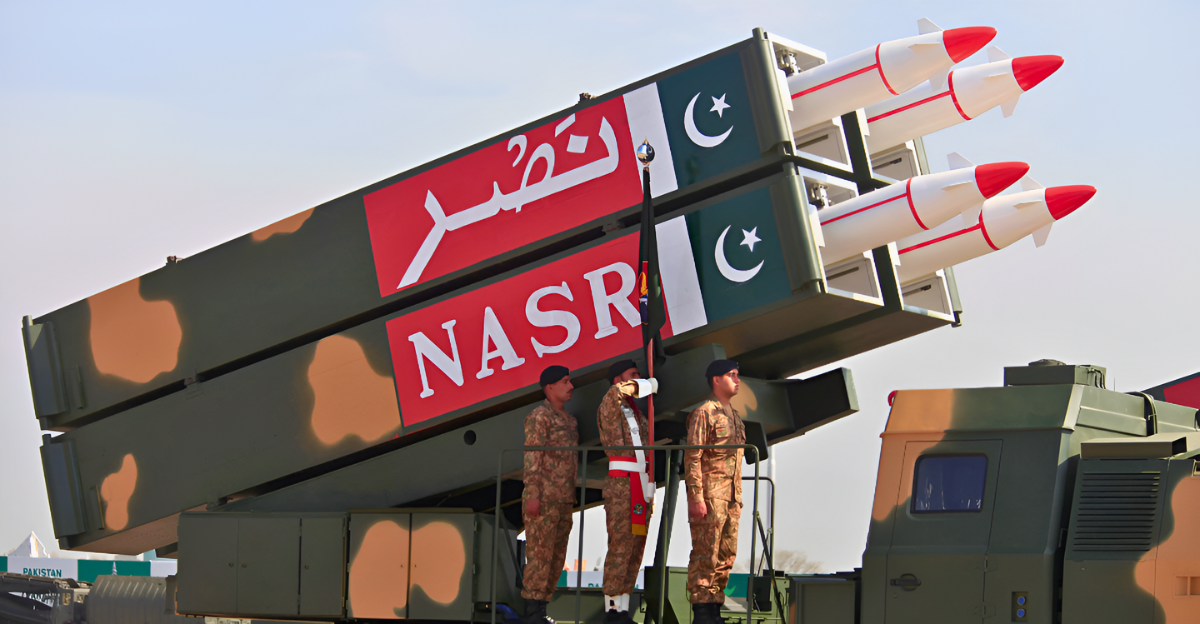
Pakistani officials issued a stark warning that Pakistan would retaliate with nuclear weapons if Israel used nuclear arms against Iran. This unprecedented pledge underscores Pakistan’s strategic calculus as a nuclear-armed state in South Asia, emphasizing deterrence to prevent escalation.
The threat raises the stakes in the conflict, introducing the risk of a broader nuclear confrontation. Pakistan’s nuclear posture in this context serves as a rare example of extended deterrence beyond its immediate neighborhood, reflecting the gravity with which it views the Iran-Israel conflict.
Regional Security Implications
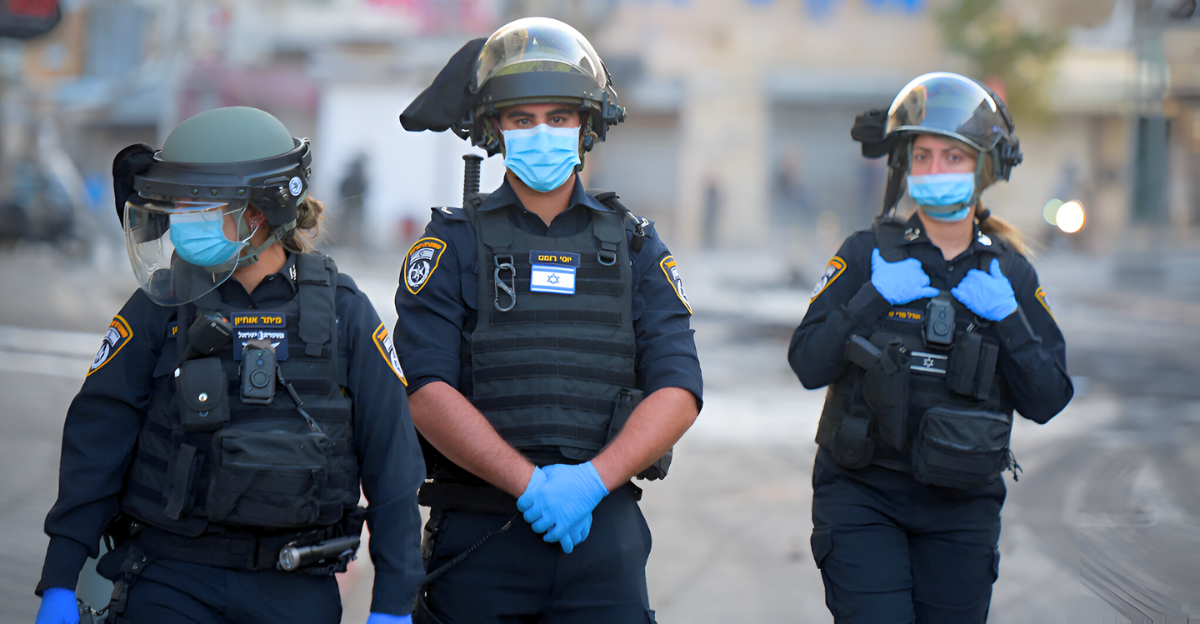
The Israel-Iran conflict’s proximity to Pakistan raises concerns over potential spillover into South Asia. Pakistan faces heightened secessionist and security challenges in Balochistan, exacerbated by the border closure and regional instability.
The conflict also influences broader Middle East security dynamics, with Pakistan’s stance potentially affecting alliances and power balances. The risk of escalation underscores the fragile security environment, where local conflicts can rapidly expand into wider regional crises.
Economic Impact on Pakistan
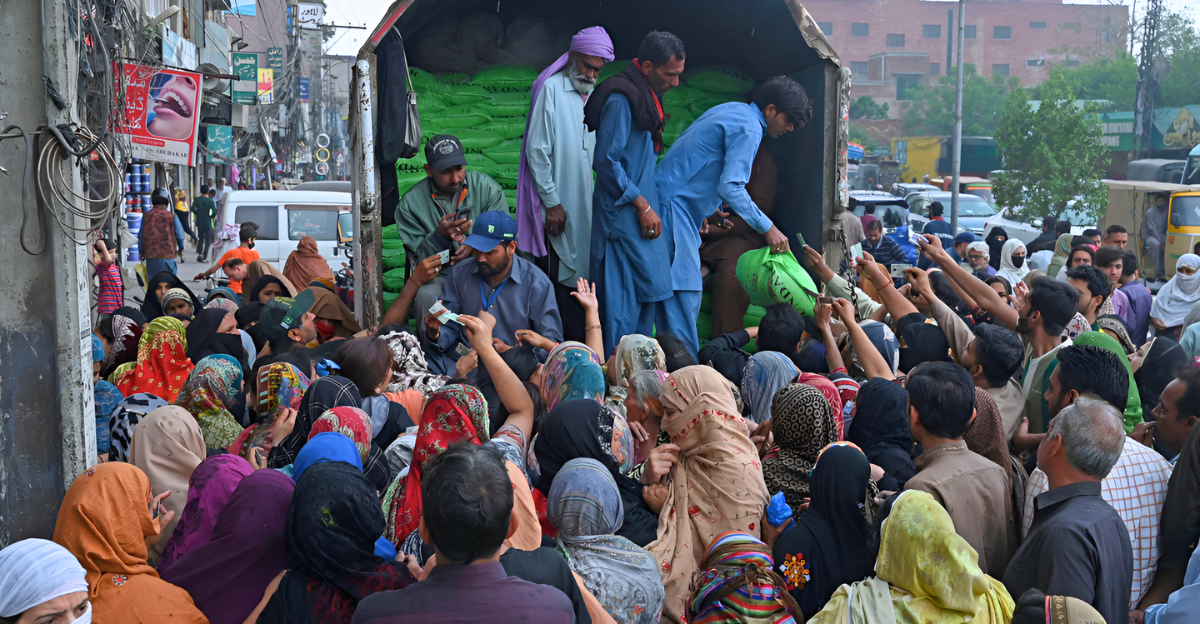
The Middle East instability has driven global oil prices, adversely impacting Pakistan’s economy by fueling inflation and increasing import costs. In response, Pakistan’s central bank held interest rates steady amid the geopolitical uncertainty, balancing inflation control with growth concerns.
The conflict challenges Pakistan’s economic growth and external sector stability, highlighting the interconnectedness of regional security and financial well-being.
International Reactions and Diplomatic Efforts

The global community has expressed concern over the escalating conflict. The United Nations called for a ceasefire and accountability for violations of international law. Major powers like the United States and China have engaged diplomatically, seeking to mediate tensions and prevent further escalation.
Pakistan has actively involved with the international community to advocate for de-escalation, emphasizing the need for peaceful resolution and regional stability.
Military and Strategic Analysis
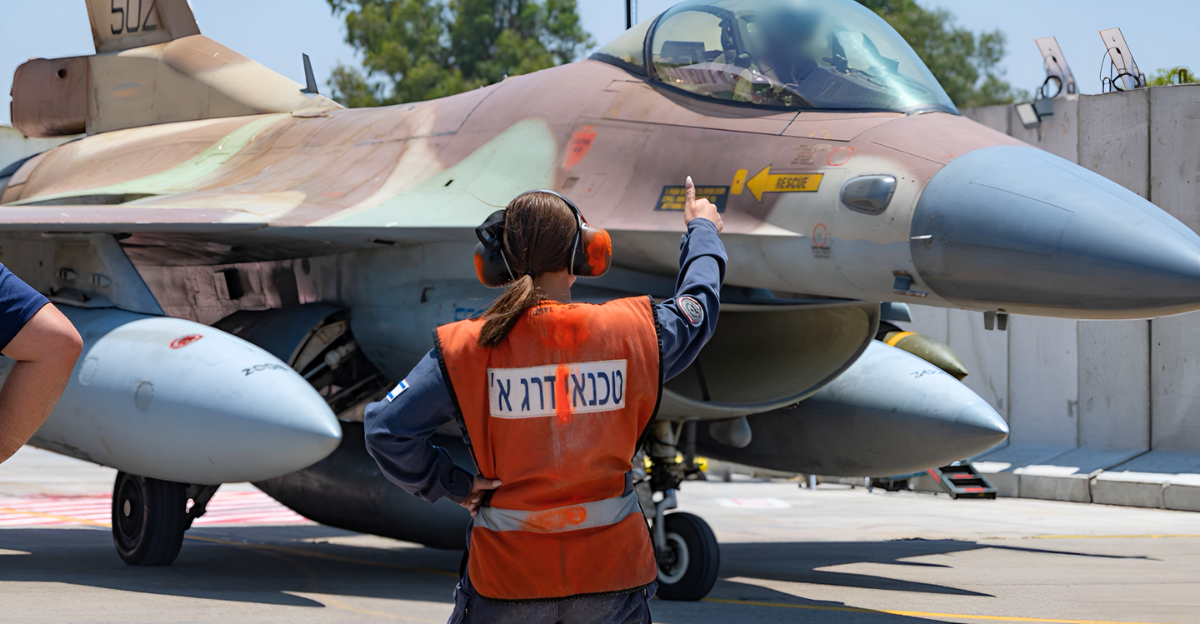
Israel’s military campaign, Operation Rising Lion, reflects extensive planning and precision strikes on Iran’s nuclear and missile infrastructure, aiming to degrade Iran’s capabilities significantly. Iran’s missile and drone retaliations demonstrate its capacity for asymmetric warfare.
Pakistan’s military preparedness and nuclear deterrence messaging serve as strategic signals to both Israel and Iran, underscoring its role as a key regional actor. Experts caution that the conflict could escalate unpredictably, with the risk of wider regional involvement and prolonged hostilities.
Unconventional Perspectives and Surprising Intersections
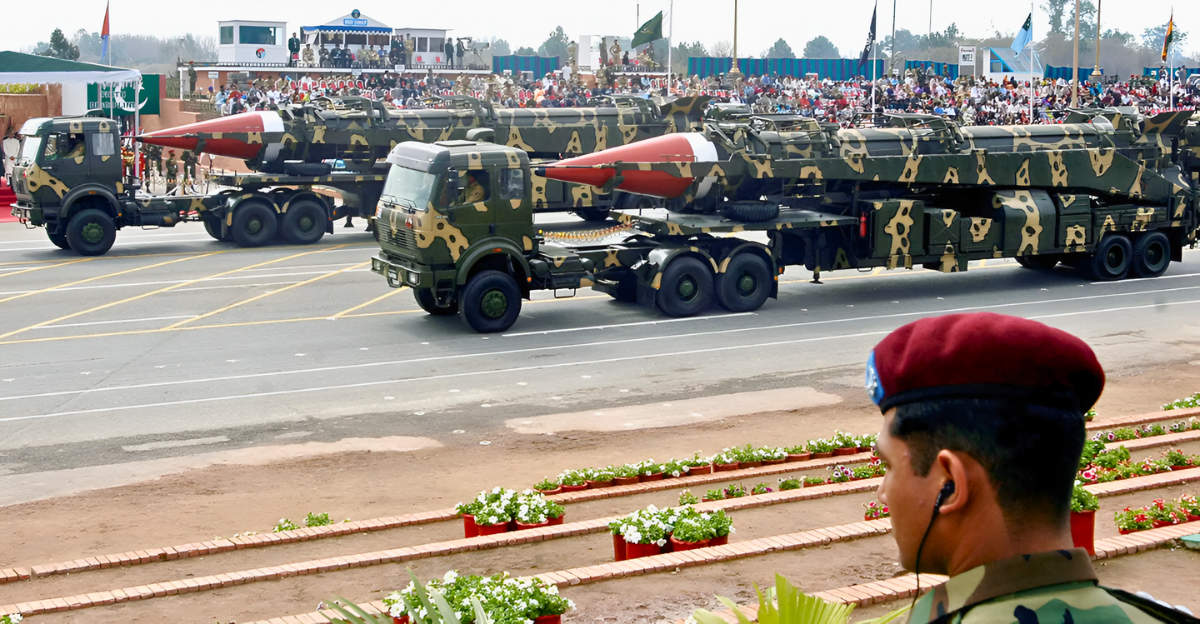
Pakistan’s nuclear pledge represents a rare case of extended deterrence in South Asia, linking Middle Eastern conflicts with South Asian security dynamics. This intersection challenges traditional regional security paradigms, as Pakistan’s involvement transcends its immediate neighborhood.
Contrarian views debate whether Pakistan’s stance deters aggression or risks escalating tensions further. The conflict also intersects with global energy markets and international diplomatic alignments, revealing complex layers beyond conventional military confrontation.
Overall Look At The Situation
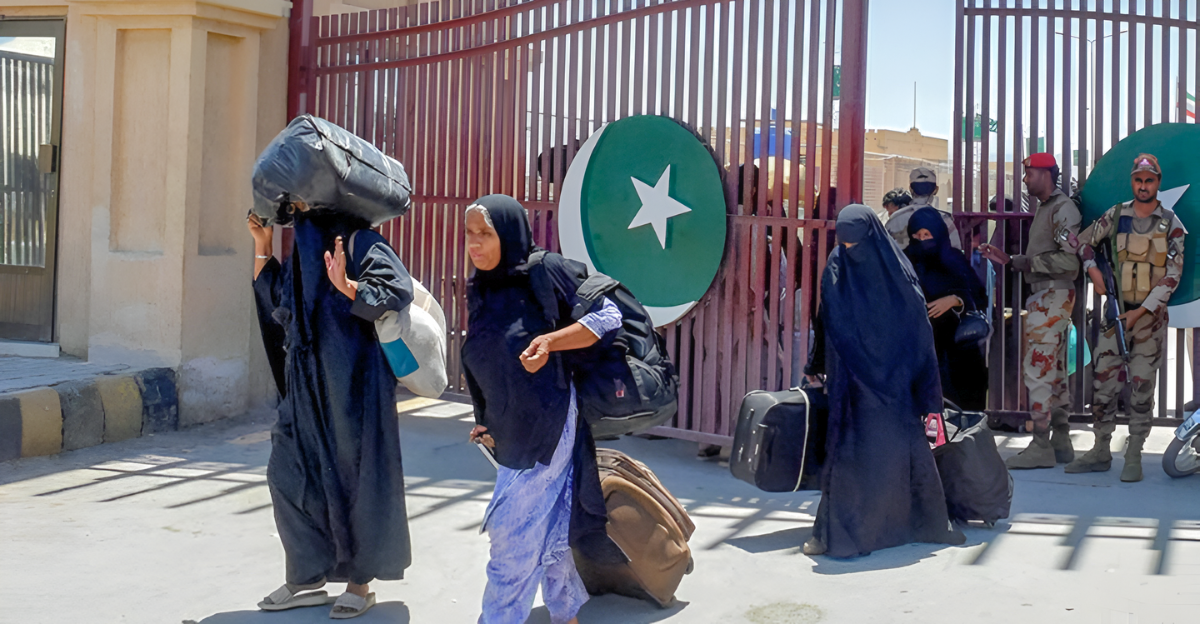
Historically, border closures and nuclear threats have been pivotal in regional conflicts, such as the India-Pakistan crises and Middle East flashpoints. Pakistan’s current border closure with Iran echoes past security-driven shutdowns during heightened tension.
Pakistan-Iran relations have previously experienced military confrontations and diplomatic crises, offering lessons on managing conflict spillover and maintaining bilateral ties. These precedents highlight the delicate balance between security imperatives and diplomatic engagement in volatile regions.
Uncover more fascinating moments from history — and hit Follow to keep the stories flowing to your feed!

Don’t miss more incredible stories from the past! Tap Follow at the top of this article to stay updated with the latest historical discoveries. Share your thoughts in the comments — we’d love to hear your perspective!


